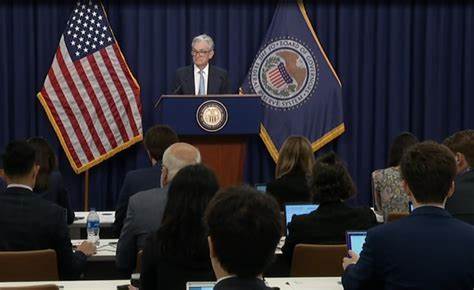
Abstract
The latest inflation level in the United States peaked at 8.6%, returning to the level of the 1970s energy crisis. Not only the United States but also Western countries, in general, have seen rapid price increases. The level of inflation in the UK is expected to exceed 11% by the end of the year. To curb inflation, the Federal Reserve Open Market Committee announced on June 15 that it would raise its benchmark interest rate by 75 basis points to a range of 1.50%-1.75%, which is the largest single rate hike in 27 years. The market expects the Fed to quickly raise rates to around 3.8% in 2023, possibly at the cost of a recession to control price increases. Yet the US still cannot solve the inflation problem in the short term. The negative impact of inflation will spread from the US to the diplomatic level. With the strategic contraction of US diplomacy and the gradual "collapse of the international order", China's strategic judgment is particularly important. China should become a mediator in international conflicts and carry out active multilateralism diplomacy; at the same time, it should prepare in advance to keep financial policy stable, promote capital level and improve mobility; in the face of the global energy crisis, it should pay attention to the development of new energy industry and consolidate and expand new energy foreign cooperation relations.
Research Questions
-
The political and economic background and of high inflation and U.S. interest rate hikes, and its impace
-
The impact of U.S. inflation and interest rate hikes on China's strategic choices
-
The countermeasures of China to cope with changes in the international political and economic situation

